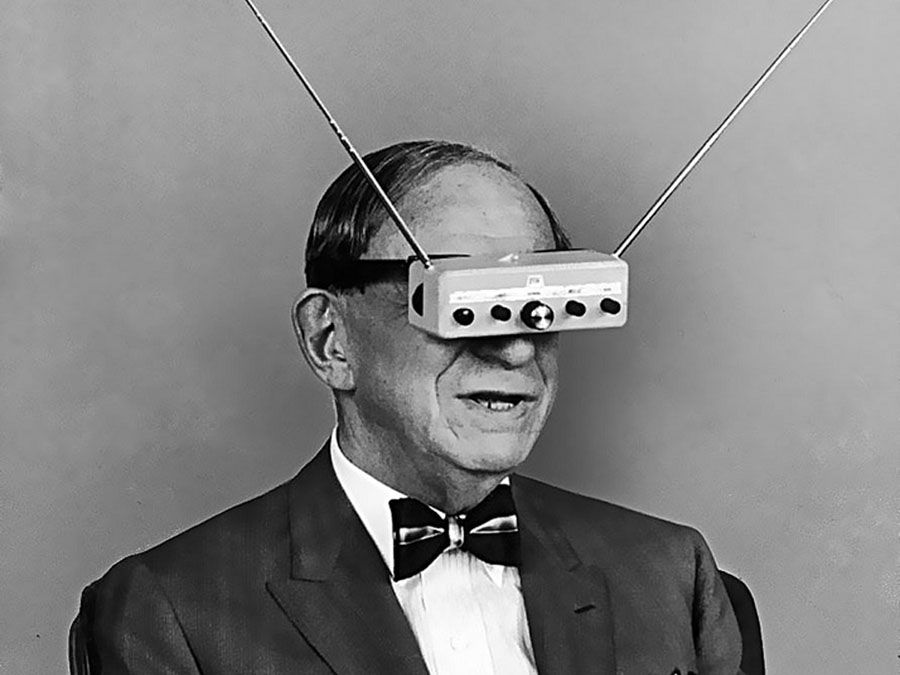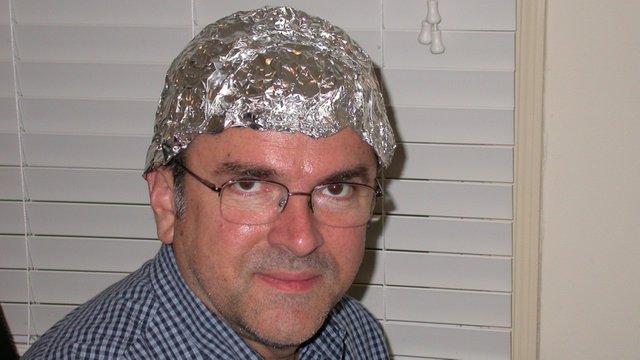The Future of Communication
The way we communicate has changed drastically in the last few years, and with it the way we interact with each other.
The internet has been responsible for a communication revolution. Just think for a moment how easy and cheap it is to communicate in real time with anyone in the world. Things like email, instant messaging and video calls are just part of normal life now. However, disruption is coming fast to the communications industry, and what we now take for granted could also be quickly replaced due to technological advances.
The smartphone was a game-changer for many people. When I was born 30 years ago, such a device where you could make calls, surf the web, play games, & run multiple applications was pure science fiction. Now they are in the hands of billions. But looking further ahead, in a few years time we will probably look on smartphones as a curious relic like pagers. Let’s dig a bit deeper!
A different reality
Augmented and virtual reality are the most obvious future form of communication. These systems mean you view the world through a technological overlay – that could be a smartphone , but more likely glasses/goggles or even contact lenses.
With augmented reality, you would see real-time digital information about what you're viewing.
One obvious example that is already used today is for restaurants. You can stand outside, view the menu, customer reviews, busy times, etc. Anything that has data behind it could benefit from augmented reality, including people! Soon enough, I predict you will be able to look at someone and pull up various profiles like Facebook, Twitter, Steemit, Tinder etc, and reveal a lot of information without ever approaching them. Here there is a very real concern about data privacy, and how much people will be willing to share to strangers.
Virtual reality communication is even more interesting than augmented reality. The tech we have right now in this field is pretty impressive, and its just getting better and better.
The possibilities for improving communication are amazing. Essentially, it will offer a massively enhanced video call experience. What video calls currently lack is the feeling of presence, but VR could change this. Having a VR conversation would feel like you were actually with the person , and you could even customise your location. For example, you meet a friend in your favourite local bar from the comfort of your house, take a date to see the sunset over the ocean, or catch a football game from the best seats in the stadium with your dad. You wont necessarily just communicate, but also experience.
No more barriers
An interesting development of future communication will be the elimination of language barriers.
To some extent, they are beginning to disappear, thanks to real time translation programs. These are far from perfect, as anyone who has used Google Translate will testify, but with more data being fed into them and exponential improvements in machine learning, someday it might be possible to have a real-time conversation between two people with no common language. The world will get a lot smaller, and hopefully people will have more empathy and share more experiences as a result.
I can read your mind!
In the distant future, we may be able to communicate by sending our thoughts through a network directly into someone else's brain. We're decades away from such technology, but scientists are working on creating brain-computer interfaces that allow people to transmit thoughts directly to a computer.
Now that’s pretty far out, and complicated to explain. If you want to go deep into this subject (and it is fascinating), you first need to understand how the brain works. Luckily, Tim Urban has devoted his considerable explanatory powers to just that.. For a tldr; perhaps 50 years from now we'll all use an electronic version of telepathy, transmitting signals directly to someone's brain that would allow them to see, hear or feel specific sensory inputs!
Protect yourself
All of these communication upgrades will mean big changes in how we think and act about our security. People will be much more concerned about what they share, and how they share it.
Big issues include the risks of AR/VR hacking, government interference + spying, and centralisation vs decentralisation of comms providers. Suffice to say, encryption and privacy will be key to success of these technological developments.
Whatever the future of communication holds, I see much less face to face interaction. I'm not sure if this is a good or bad thing. Maybe let me know what you think in the comments? Also, i'd love to know what you think the future holds for how we communicate?
If you like what you read, stay tuned for more thoughts on the future soon. You can read more of what I’ll be covering in my introduction to why the future will be awesome!
Upvote & Follow for Good Vibes!

@sroka87






This post received a 2.1% upvote from @randowhale thanks to @sroka87! For more information, click here!
I just see communication becoming a vile soup. It's going to be so efficient that all the small nuances will die out and communication as a whole will go bland.
Part of me holds this view, another part is more optimistic.
I think it will be very important to teach people to communicate properly via new mediums, and to value the old ways as well.
There is no substitute for face to face communication (at the moment), and I worry when I see people disengaging frequently by whipping out their smartphone while chatting at the pub or restuaraant and zonign out for a while.
However, if true VR communication can make it feel like you are int he same room with someone, then I am really optimistic about this. It would mean I could meet up with friends and family despite living abroad, and feel much closer to them.
Watch this space - only time will tell!
Nice and interesting post. Congrats!
Upvote and Resteem @sroka87
Much obliged!